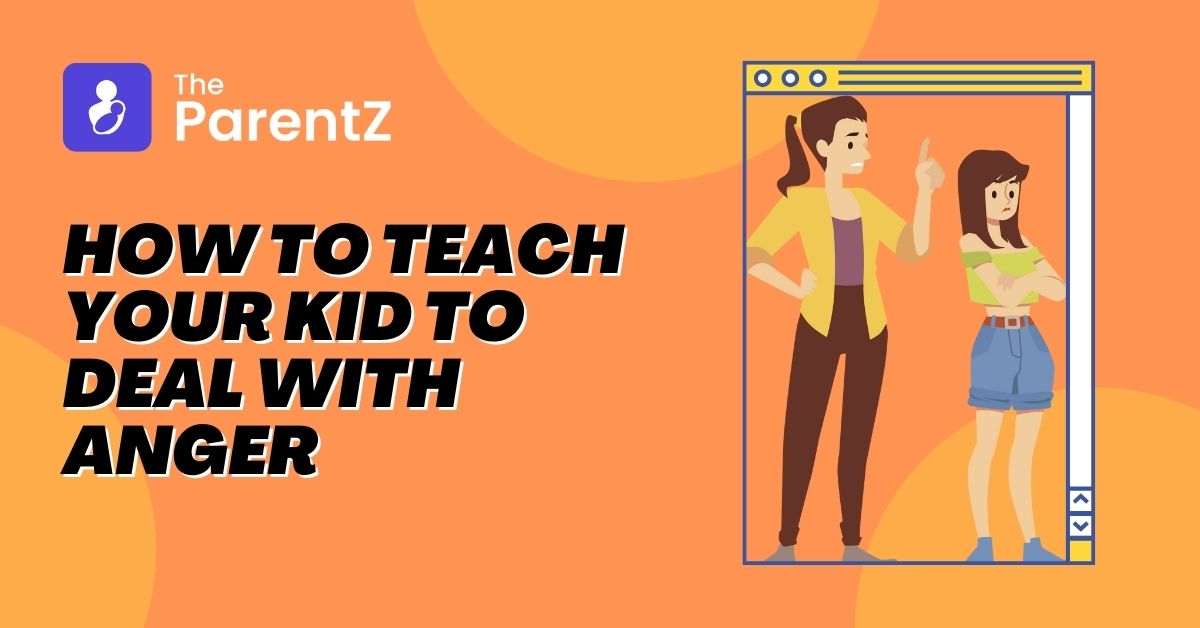Anger is perhaps a common emotion and is completely normal. However, there is a very thin line between anger and aggression. As parents, you have a strong influence on your kid’s behavior— both actions and words. Whatever you do, your children will gulp up the same, including how you are behaving with them. They are sensitive, and a parent’s behavior plays a major role while the kid is growing up.
So, here comes your role! Showing emotions is understandable for your kid. But you should recognize it before they turn aggressive. Most young kids don’t understand the difference between showing their feelings and posing aggressive behavior. Now you might be confused about what exactly it is to help your kid deal with it. Aggression immerses habits, such as yelling, fighting, arguing, and teasing. It usually starts with small signs that later turn into aggression when left unrecognized by parents.
According to a survey, over 17% of teenagers struggle with anger management and lose control when showing emotions. There might have been incidents when your kid returns from school and starts getting frustrated over little things. This is no time that can become your little one’s habit. And we surely don’t want that for our kids. As parents, exploring ways to help your kids deal with anger issues can be overwhelming. That’s why we are listing below some of the best tips which can actually help your little one process difficult emotions. Read below to find out more.
Help Them Learn Coping Skills
Learning coping skills to handle stressful situations is the key to anger management. But what is the best way to teach this to your little ones? We suggest that you should make your kids learn coping skills in calm situations and not when they’re struggling with an outbreak of emotions. In this context, you should remember that your behavior plays a significant role in shaping your kid’s behavior.
Have a conversation with your kids about how you deal with challenging situations and prevent anger from taking a toll in such situations. Helping them explore significant coping skills will help your kids plan their actions rather than behave violently in unfavorable events.
Make Them Feel That You Validate their Feelings
There are several occasions when your kid has a rage of emotions going in. And it’s normal. But, what most parents do is dive right into helping their kids with their problems. This is where they forget that validating your child’s feelings is one necessary step in helping their young ones deal with anger. Hence, it’s important to pause for a moment and say things like ‘It’s okay to feel this way,’ that will make your kids feel that you understand them.
On the other hand, saying phrases such as ‘Don’t be angry, it’s not that concerning’ will make them feel that you are dictating rather than understanding them. Consequently, you can proceed forward by suggesting some solutions for your kid’s problems.
Recognize The Triggers
One of the most significant tips that will help you when it comes to dealing with anger includes recognizing the triggers that actually make your kids feel that way. After helping them recognize what feelings are, understanding what typically triggers anger is the first step toward anger management. As parents, you should understand that it’s not always a boring discussion that helps. Rather, indulge in short questions by asking what’s bothering them. Lastly, you can help them learn that anger is basically an emotional reaction to unfavorable situations and how to stay calm rather than reacting violently even in such circumstances.
Develop a healthy lifestyle.
Physical activities and healthy lifestyle choices play an important role in the life of your kids. There is no denying that a child who has developed a healthy lifestyle from childhood will sustain it for life and will have a clear mindset while growing up. Furthermore, kids who are physically more involved comparatively struggle less with anger management. Additionally, instilling a growth mindset in your kid can do wonders. Help them understand that circumstances when you feel bad, are a great opportunity to learn something new and get valuable experiences.
You Are Your Kid’s Role Model
Last but not least, you should know you’re your kids’ role model. You cannot dictate to your kid to deal with anger patiently if you do not follow the same. To make your children learn coping skills, make sure that you have that habit. As parents, we often react impatiently as a response to our kid’s anger. Take a moment to think and stay calm. Sometimes it can be difficult but learn to be your child’s role model and practice your behavior similar to the way you want your kids to.
Wrapping Up!
Dealing with anger is a tricky situation. And when it comes to teaching your kids the same, it can be even more challenging. In this guide, we’ve explained five tips that can help your kids deal with difficult emotions.





Be the first one to comment on this story.